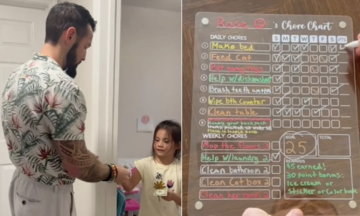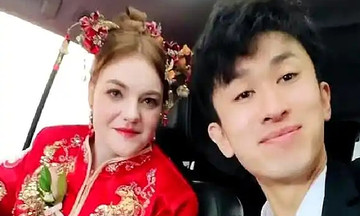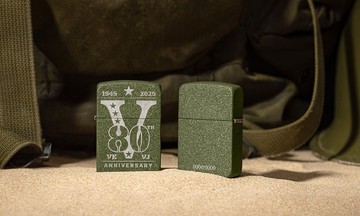Stefan Mandel, of Jewish descent, was born in Romania in the mid-20th century. As a child, he was particularly passionate about mathematics, but his family's poverty prevented him from pursuing an academic path, forcing him to work as an accountant to support his family.
His accountant's salary of 88 USD per month was insufficient, but Mandel still spent his weekends studying mathematics, especially the Fibonacci sequence of the 17th-century mathematician Fibonacci.
One day, while watching a lottery broadcast, Mandel had an idea that would change his life. Everyone knows the chances of winning the jackpot are almost zero. A single strip of 7 numbers, with 6 numbers from 33 red balls and one number from 16 blue balls, has 17.7 million combinations. But Mandel believed "where there's a will, there's a way".
After years of research, Mandel created the "combination condensation" method and wrote a "number selection algorithm." This formula helped him correctly predict 5 numbers, leaving only 2 unknown, thereby reducing the risk from millions to thousands.
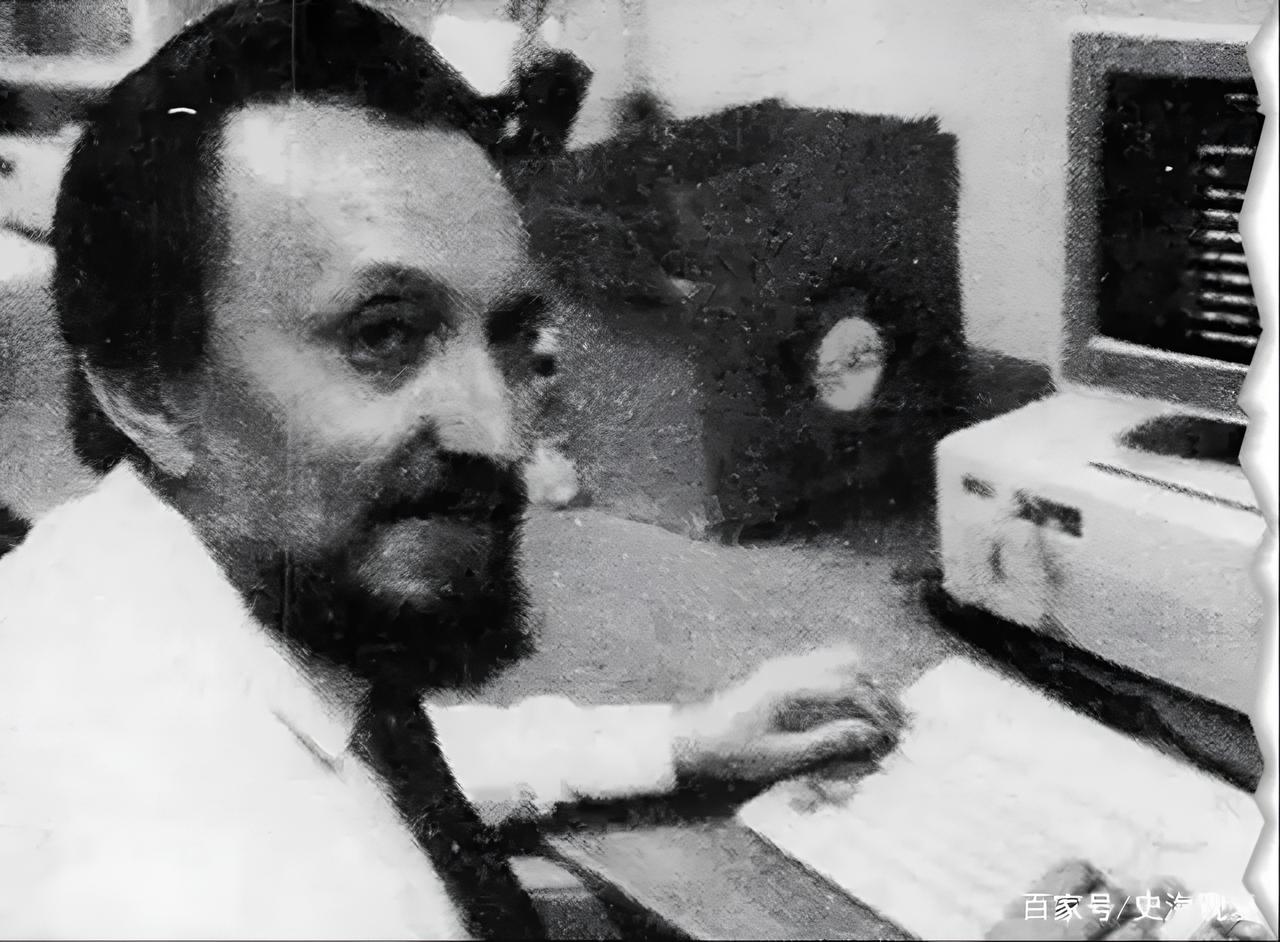 |
Mandel in hiding in Australia, while deciphering the jackpot-winning formula in the US. Photo: Hustle |
Mandel in hiding in Australia, while deciphering the jackpot-winning formula in the US. Photo: Hustle
In 3/1965, Mandel discussed a lottery ticket purchase plan with a friend, dividing the winnings in a 2-8 ratio. The reason he chose to collaborate was that he didn't have enough money to buy tickets.
They bought several lottery tickets from a local company and won the jackpot and several other prizes on their first try, totaling about 20,000 USD. According to the agreement, Mandel received about 4,000 USD, equivalent to four years' income for an average family at that time.
"I am a weekend mathematician, an accountant without too much academic background," he once said in an interview with a Romanian magazine. "But mathematics, if applied correctly, can guarantee a fortune."
Mandel then emigrated to Australia and continued searching for lottery markets with suitable rules. With the idea that if the total cost of buying all ticket combinations was lower than the jackpot value, he would surely profit, he convinced many investors to establish the Mandel Lottery Syndicate, specializing in buying lottery tickets.
By 1982, Mandel's group had won 12 jackpots in Australia, earning him millions of USD. However, this scale attracted the attention of the authorities. Many lottery players filed complaints, claiming Mandel was disrupting the fairness of the market.
In 1989, finding it difficult to make a living in Australia, Mandel moved his family to Virginia (US), aiming for a big win. He discovered the Virginia lottery had many "loopholes". It was a relatively new lottery, allowing players to buy an unlimited number of tickets and print them at home. Most importantly, the number range was only from 1 to 44 (while other states went up to 54). This meant with 6 chosen numbers, there were only about 7 million combinations, much less than the over 25 million tickets in other states.
By 2/1992, the Virginia jackpot had exceeded 27 million USD, enough for Mandel to launch his entire plan. He formed a group of about 2,500 investors, raising over 9 million USD. Then he began printing millions of tickets, each with a different number combination. Mandel hired people to transport bundles of tickets to all Virginia retailers before the deadline.
On the draw date, one of Mandel's tickets won the 27 million USD jackpot, along with over 6 million USD from other prizes.
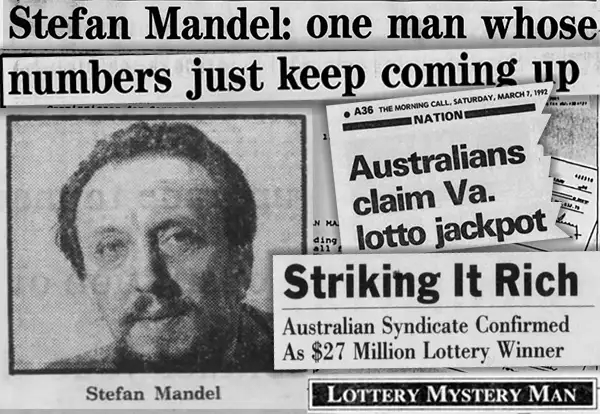 |
Mandel appeared in leading world newspapers when he won the 27 million USD jackpot in the US. Photo: Hustle |
Mandel appeared in leading world newspapers when he won the 27 million USD jackpot in the US. Photo: Hustle
Mandel's consecutive wins caught the attention of authorities in many countries. The FBI, CIA, and Australian investigative agencies were involved, but ultimately had to admit he hadn't broken any laws.
Nevertheless, the incident led to changes in the US lottery system. States quickly amended laws to close the "Mandel loophole," such as limiting the number of tickets purchased, requiring direct purchase at the counter, and prohibiting the organization of such investment groups.
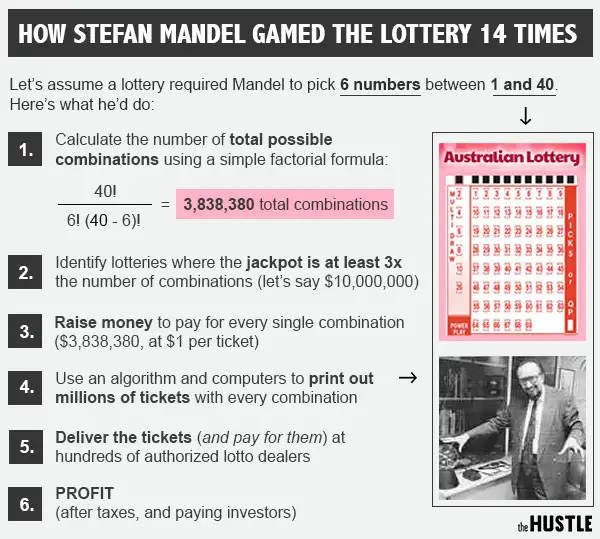 |
Mandel's winning formula summarized. Photo: Hustle |
Mandel's winning formula summarized. Photo: Hustle
As for Mandel, after dividing the profits among investors and deducting expenses, he still pocketed a huge sum. He left the US, continuing to try his luck in the UK and other countries but failed. In rare interviews, Mandel says he is retired. He does not encourage anyone to follow his path, as "times have changed, laws have changed, and the risks are now too great."
Despite this, Mandel is a millionaire. He now lives comfortably with his family in a beachfront house on a remote island in Vanuatu, a South Pacific nation known for its volcanoes and waterfalls. Mandel's story is proof that winning the lottery can be a matter of skill. He is known worldwide as "the lottery math genius."
Madel's former associate, Anithalee Alex, who has also lived in seclusion, once said: "You couldn't write a script this good. Sometimes reality surpasses fiction."
As for Mandel, when asked about his secret, he just smiled and said: "Revealing my formula would be like Coca-Cola revealing its secret recipe."
Bao Nhien (According to Hustle/AP)









